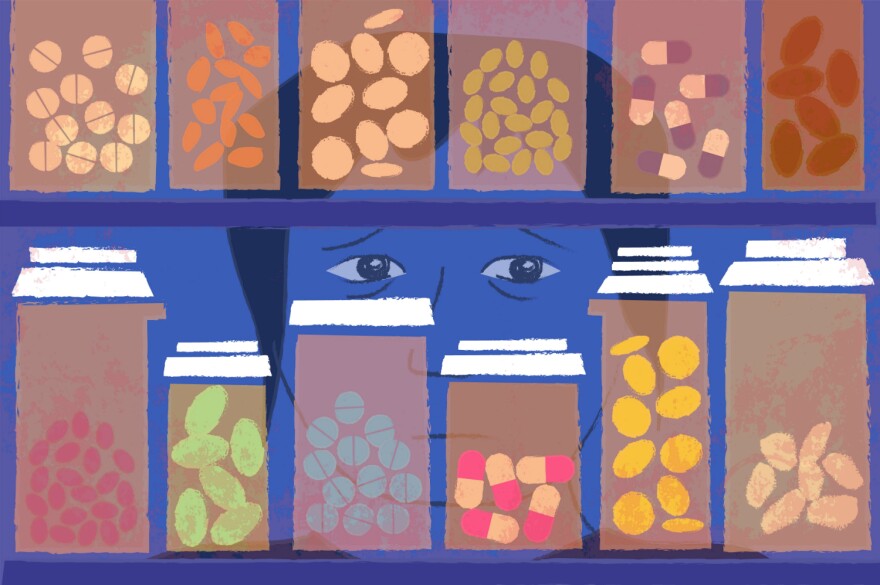To measure how healthy a community is, health experts often look to life expectancy – how long a person is expected to live assuming no major catastrophies occur. It’s what’s called an indicator, or a statistic that reflects overall well-being.
For decades, the life expectancy in the United States steadily increased as medical breakthroughs helped people live longer. But in the past few years, life expectancy has started to decrease – an unprecedented step backward in the modern age. The Centers for Disease Control and Prevention, in a trio of reports late last year, attributed the decrease to significantly growing numbers of drug overdoses and suicides. Missouri has followed the national trend.
Six years ago, a Missourian was expected to live for nearly 78 years. Now, that number is closer to 77. St. Louis Public Radio reporter Sarah Fentem talked to Rachel Winograd of the University of Missouri – St. Louis to find out what can be done.
Sarah Fentem: So can the number overdoses and suicides really affect the life expectancy for everyone that significantly?
Rachel Winograd: Yeah. Unfortunately, I think what we’ve seen with this opioid crisis is what it really is, is an overdose death crisis and a poisoning crisis.
It’s a public-health fatality epidemic, and people are dying at younger ages than they would at natural causes than if they were to live out their own life. It’s sad, and it’s scary, but it’s real.
Loading...
Fentem: A drug overdose and a suicide are often the end result of a more complicated health crisis. What does this say about the health of Missourians overall?
Winograd: When we look at deaths, that’s a very objective metric that we monitor and track and try to respond to. But getting upstream of that is much more complicated and nuanced. But it’s absolutely necessarily if we want to get ahead of it.
It suggests we have a lot of work to do in terms of improving the health and well-being and fulfilling and meaning in people’s lives from birth until death. They both, in different ways, may stem from core causes from hopelessness and despair … we often hear that term “deaths of despair.”
Fentem: What could the state do to make things better? Do you have an immediate answer?
Winograd: We need more generosity in social services. What we see in Missouri is that we have a high uninsured population, and that population is much more likely to struggle with behavioral-health issues like depression and addiction. And we also know treatment can help both of those conditions. The first step for me would be making sure if people have access to care.
Follow Sarah on Twitter: @petit_smudge





